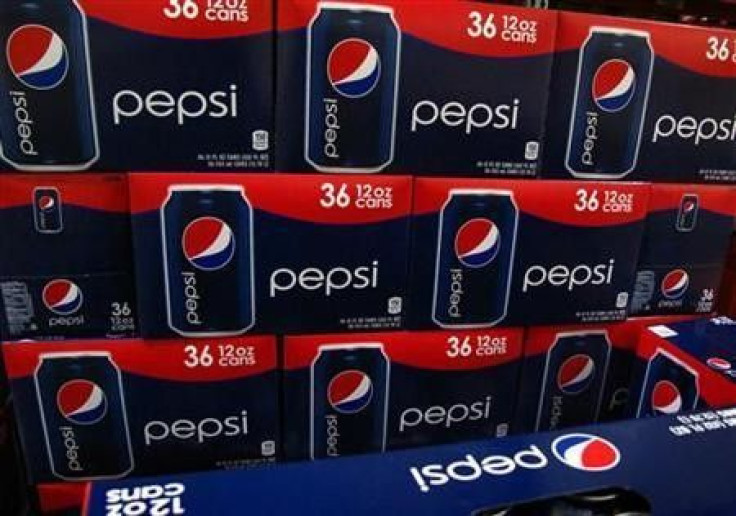Diet Pepsi’s new taste triggers consumer revolt: Angry messages flood social media

PepsiCo’s attempt to present a new taste for its Diet Pepsi seems to have backfired. The change in taste caused by a new formulation has embittered a section of its loyal consumers with many of them venting their ire against Pepsi on social media. What triggered the protests were the replacement of the artificial sweetener aspartame with a sucralose, Splenda.
The "disappointed" drinkers are active on Twitter and Facebook with their barbed comments, such as “Yuck” and “undrinkable.” One Tweet said, “Pepsi Next = Pepsi Yuck! They took the worst part of regular Pepsi and diet Pepsi and created an undrinkable disaster.”
Sickly sweet
“It has a nasty aftertaste, and it’s sickly sweet. You have to wash it out with water,” commented David Zimdars, a resident of Ann Arbor, Michigan who has been consuming Diet Pepsi for the last 30 years.
As a mark of protest, Zimdars is planning to switch over to Diet Coke as soon as his current lot of Diet Pepsi stash gets over, the Digital Journal reported.
While customers are furious on replacing the sweetener aspartame, which they allege, “ruined the taste” of the drink, Pepsi claims the new sweetener has been endorsed by three quarters of customers. But many purists complain that the new soda is too sugary. As a result, the surging negative comments in the social media networks have outweighed the positive ones by 6-1.
The new cans also have a marking “now aspartame free” just above the Pepsi logo. According to reports, Pepsi went for a change after industry executives blamed the falling sales of traditional diet sodas on the use of aspartame. Diet Pepsi suffered 5.2 percent loss of sales in 2014.
“It’s the number one thing that our customers have been calling about,” said Seth Kaufman, a senior vice president of PepsiCo, Food Bev reported.
The new artificial sweeteners were introduced in August to ward off complaints that portrayed aspartame as responsible for many diseases ranging from autism to cancer. Now the dilemma faced by the company is-- complaints about the sweet tasting sucralose are outnumbering those over aspartame.
CEO’s optimism
Indra Nooyi, PepsiCo, chief executive said it is too early to tell how consumers are responding. She said, there has been a slowdown in the sales of soda products and it will take many months before the company would be able to assess whether the move was successful or not.
“Our belief is that you’ve got to wait a few cycles to see what the purchase repeat adoption cycle is,” Nooyi told analysts at an earnings call.
Pepsi is hoping that the protest will subside and initial consumer sentiment used to be negative when changes happen in established brands, said a Fox News report.
“We’re not at all concerned,” Seth Kaufman, chief marketing officer of PepsiCo North America told the Wall Street Journal.
For feedback/comments, contact the writer at feedback@ibtimes.com.au or let us know what you think below.






